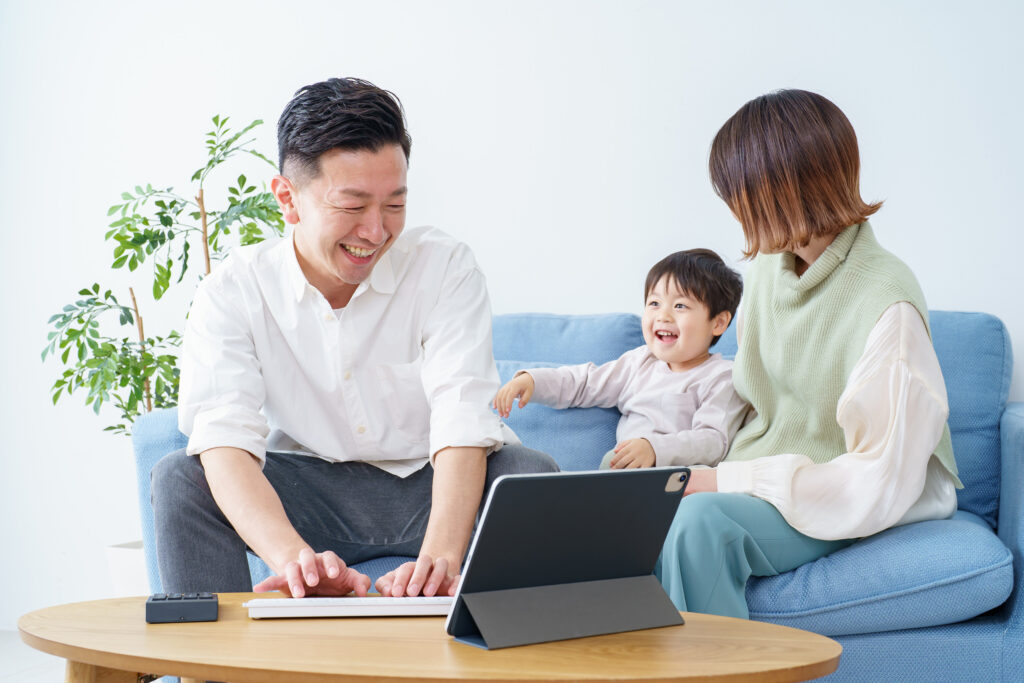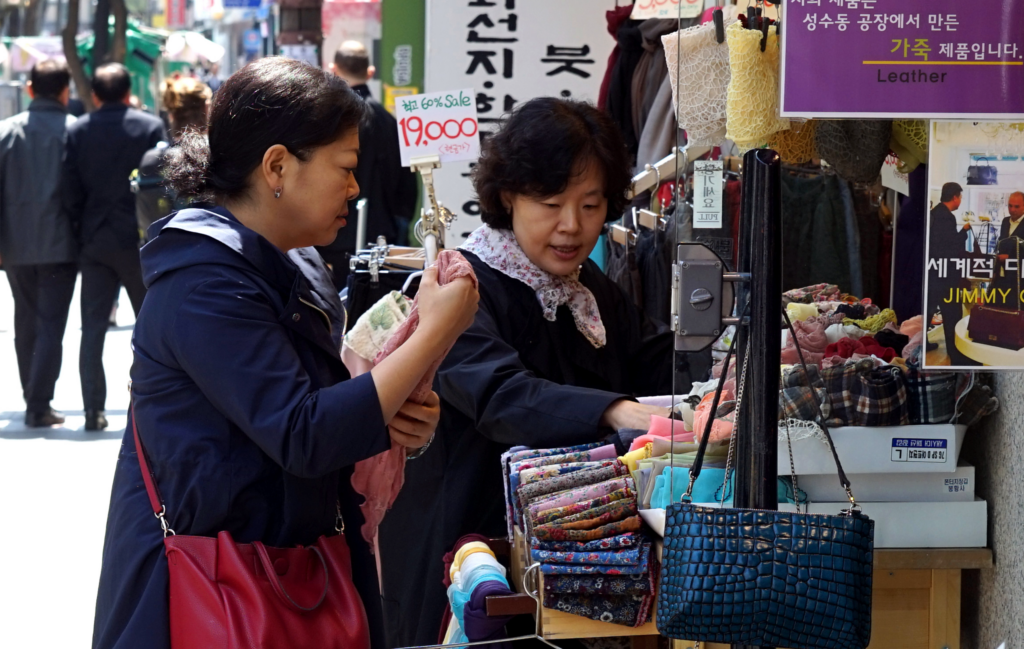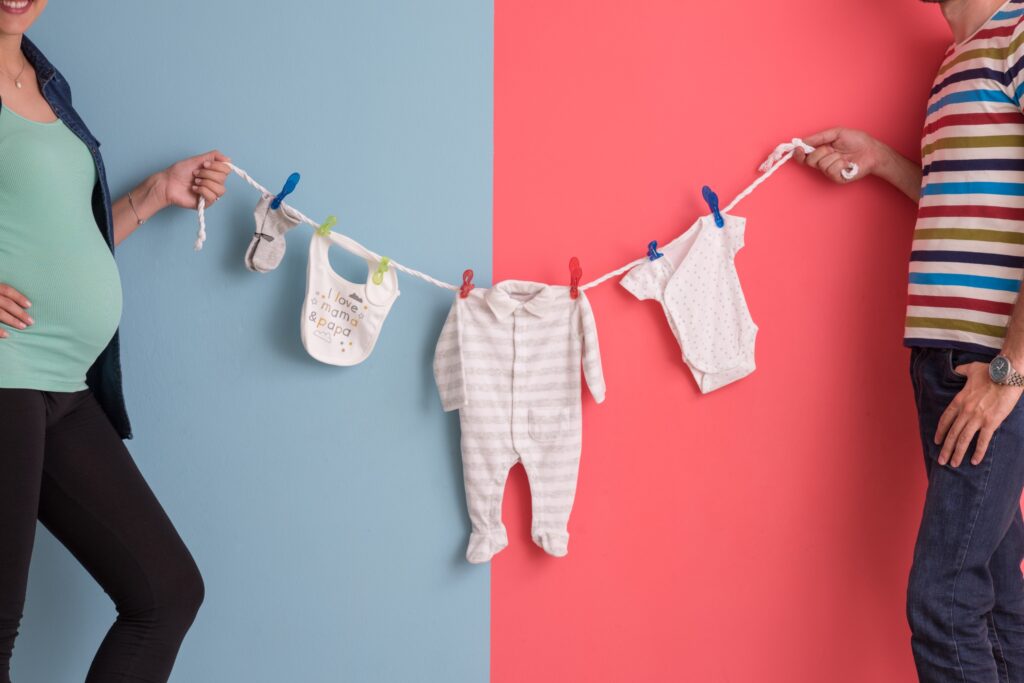Jobseekers in South Korea face tighter age expectations despite longer paths to employment

Despite longer paths to employment, jobseekers in South Korea fear shrinking entry-level opportunities due to persistent age-related hiring expectations.
Over half of South Korea’s workforce now uses GenAI

Generative AI penetrates South Korea’s workforce faster than the US, with employees spending significant hours boosting productivity and skills.
Generational divide deepens as South Korea considers raising retirement age to 65

Younger employees fear stalled career prospects while older employees push for extended workforce participation.
Silence over harassment persists in South Korean workplaces despite stronger prevention policies

A government survey finds 75.2% of employees in South Korea who experienced sexual harassment did not report, highlighting persistent workplace gaps.
Work takes centre stage for South Korea’s younger workforce, new report finds

South Korea’s younger workforce prioritises work above all else, reshaping gender roles and signalling urgent policy reform opportunities.
South Korea bottoms global ranking for remote work, study reveals

Rigid work cultures in South Korea are limited remote work and flexibility with consequences for family life, birthrates, and business.
South Korea faces looming labour shortage

South Korea is set to face a critical labour shortage by 2033, with a projected deficit of 820,000 employees.
South Korea faces slow job growth amid economic challenges

South Korea’s job market slows in 2024 with key sectors shedding jobs and younger employees facing dwindling opportunities.
South Korea’s female employment and labour participation rates lag among OECD nations

The country is ranked 31st in female employment among OECD nations, highlighting persistent challenges in advancing workplace gender equality.
Career interruptions plague nearly 70% of married women in South Korea

In the first half of 2024, 1.22 million married women left the workforce, with child-rearing identified as the primary reason.
South Korea’s female workforce hits record 10 million

From January to August 2024, an average of 10.15 million women were employed each month, marking a historic workforce milestone.
Rising numbers of workplace bullying reported in South Korea

Nearly 40,000 cases of workplace bullying have been reported to the Ministry of Employment and Labour in the last five years.
Few report workplace bullying in S. Korea despite legal protections

Many employees, despite experiencing workplace harassment, choose not to file formal complaints against their bullies.
Employees in South Korea fear AI takeover

Nearly a third of employees in South Korea believe AI will eventually replace them, with almost half expecting it within the next six to 10 years.
Side hustles surge in South Korea as wages remain stagnate

In Q1’2024, more employees in South Korea embrace side jobs, with shifts among younger demographics being most prevalent.
Young South Koreans shun SMEs despite high youth unemployment

A seismic change is evident in South Korea’s SME landscape as young employees dwindle and older generations take centre stage.
Samsung and SK Group’s six-day week for execs raises concerns

Samsung and SK Group’s imposition of a six-day workweek for executives has sparked concern over employee wellbeing and corporate culture norms.
South Korea’s job growth slows to a three-year low

South Korea’s employment saw a modest rise, up 173,000 year-on-year in March, marking the lowest increase since February 2021.
South Korean conglomerates intensify efforts to support working parents

Amid South Korea’s declining fertility rates, major organisations like Samsung, Hyundai, LG and POSCO are enhancing support for working parents.
South Korea sees surge in workplace abuse reports

Verbal abuse accounted for 32.8% of workplace harassment incidents in South Korea, while HR-related improprieties accounted for 13.8%.
Wage gap between executives and employees in South Korea widens

The average salary for executives in the country has risen to more than 10 times the rate of average salary employees.
South Korean firm pioneers 24/7 childcare to boost employee retention

Hana Financial Group’s dedication to childcare spans beyond new initiatives, with 100 daycare centres built since 2018.
AI threatens over three million jobs in South Korea

More organisations are gearing up to adopt AI, putting more jobs at risk, particularly positions in management and finance.
South Korea’s income disparity widens, bonuses reflect wage trends

A study highlights the growing income gap in South Korea, as the top 0.1% of employees receive bonuses vastly outpacing the average employee.
South Korea sees shift in parental leave trends

Despite a slight decline in men taking paternity leave, women still make up 72% of parental leave takers in 2023 in South Korea.
South Korea sees surge in elderly workforce participation

The number of South Koreans aged 70 and older still engaged in work reached 1.55 million in January 2024, marking an 11.4% from the previous year.
Intergenerational tensions boil over in workplaces in South Korea

43.4% of respondents to a survey expressed concerns about escalating conflicts with Millennial and Gen Z colleagues, surpassing other workplace issues.
South Korea’s job market sees strong growth in January

The country’s employed population hit 27.74 million last month, up by 380,000 compared to the the same period in the previous year.
Booyoung offers cash rewards to tackle low birthrates

South Korean construction firm Booyoung Group has promised 100 million won to 70 babies born to employees after 2021.
South Korea unleashes AI revolution to address workforce shortage

The Ministry of Trade, Industry and Energy has unveiled an AI master plan for autonomous manufacturing.
